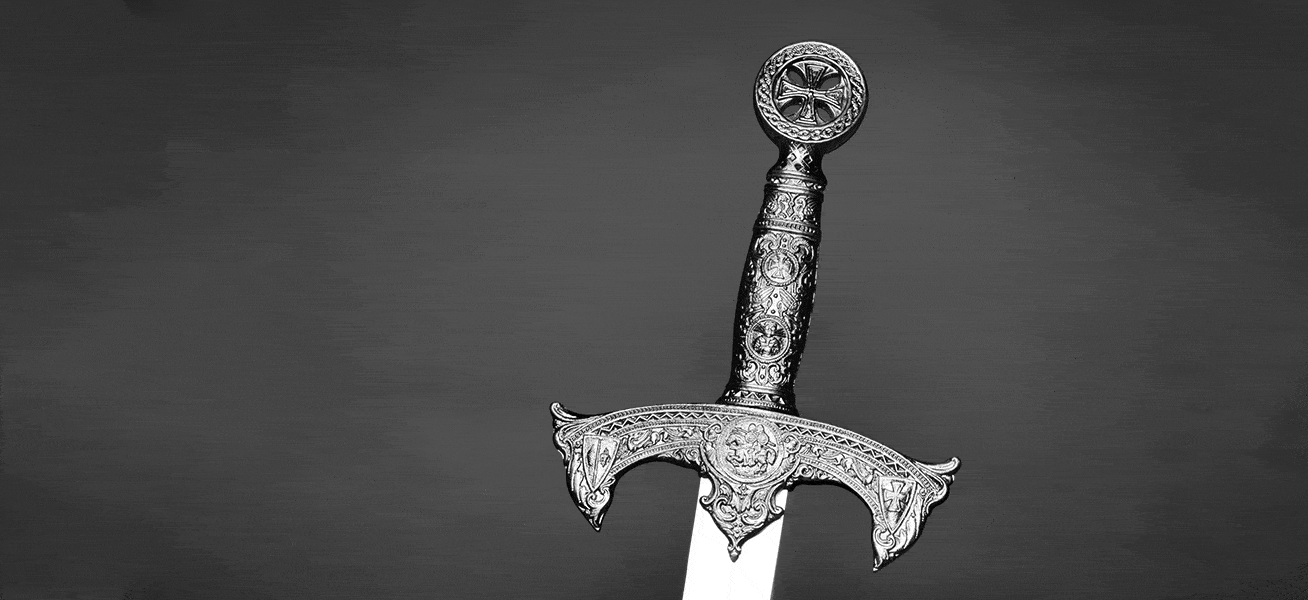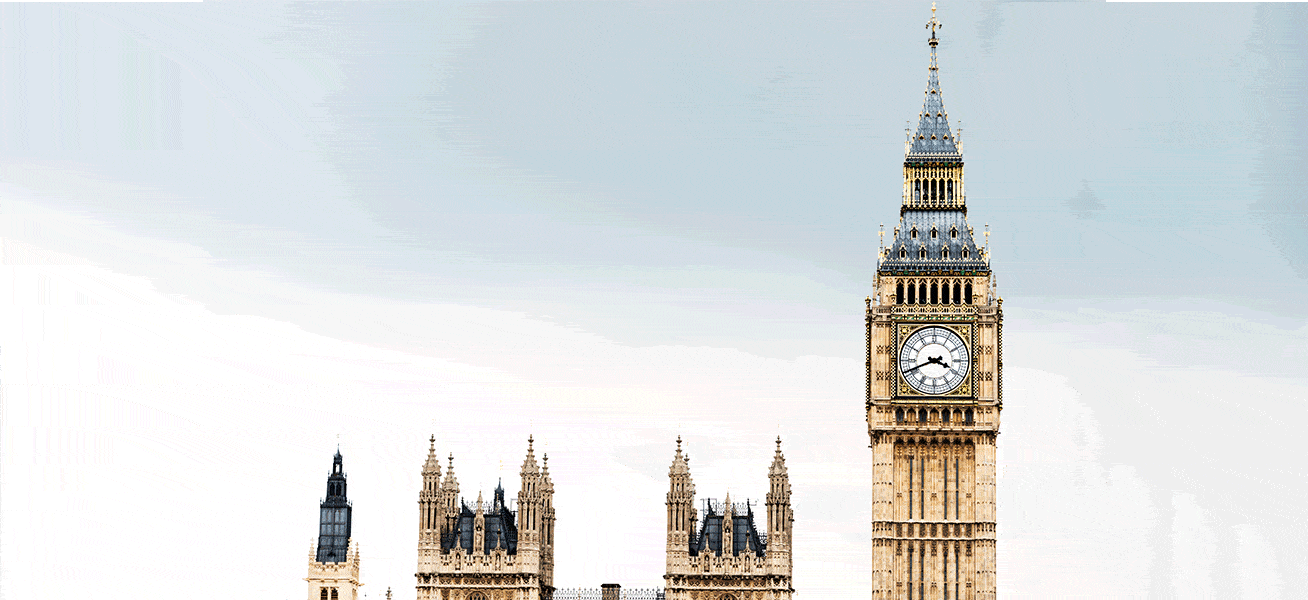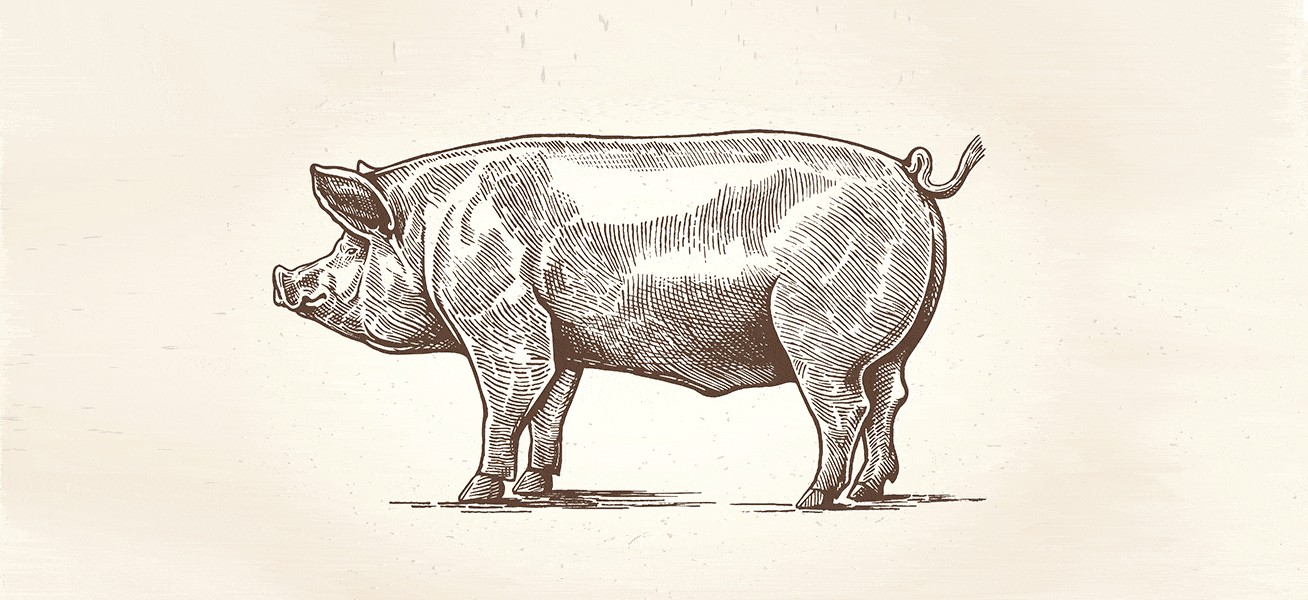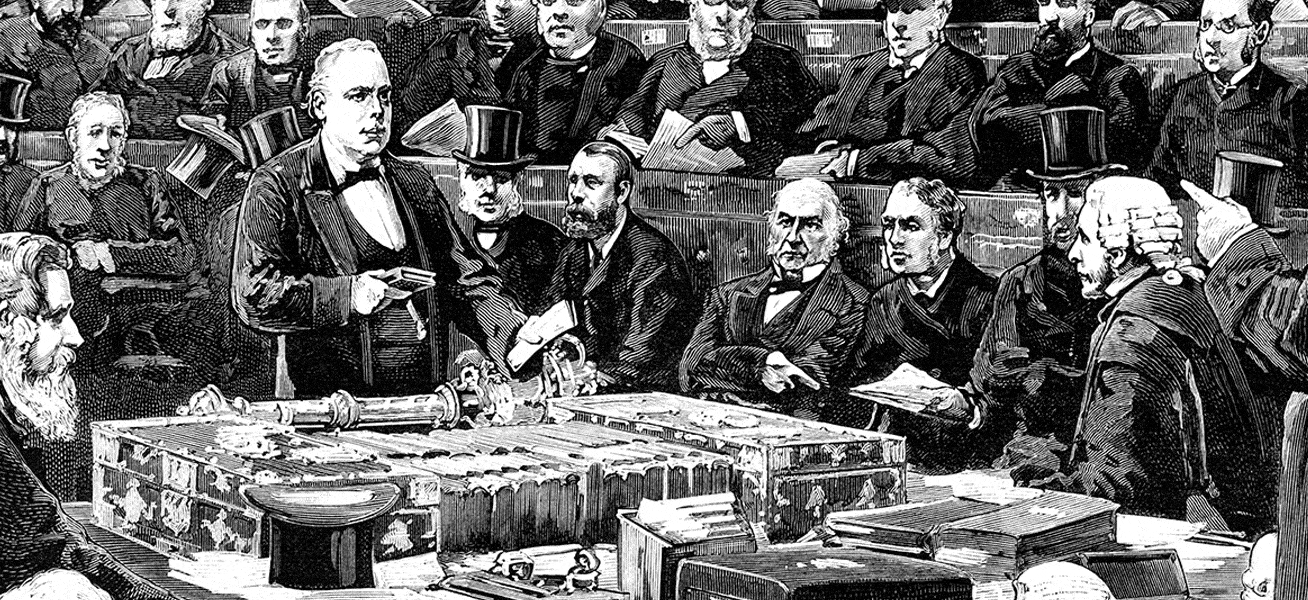5 things you might not know about UK Parliament
As our new course Introduction to the UK Parliament: People, Processes and Public Participation gets started we have a look at some of the more unusual facts about this famed English institution.
1. The cloakroom still has hanging spaces for swords

MPs and peers have been banned from carrying weapons in House of Commons since the 1300s. But of course one couldn’t just leave one’s sword lying about – so the cloakroom had (and still has) loops of ribbon designed for appropriate weapon storage.
2. If you’re a UK resident you can go up ‘Big Ben’ and stand behind the clock face

Well you can in 2020 once it’s finished being refurbished. The guided tour takes you up the 334 stone steps right to the top of the Elizabeth Tower (it’s actually the bell that’s called ‘Big Ben’) and teaches you the history of this architectural feat. It’s completely free of charge, but you’ll need to write to your MP if you want to book a place.
3. Things thrown in the House of Commons include purple flour and manure

There’s actually a detailed wikipedia page dedicated to ‘incidents of grave disorder in the the British House of Commons’.
4. You can’t call anyone a swine or a git (or their name).

MPs are advised strongly against using ‘unparliamentary language’, the speaker (the person appointed to maintain order during debates) has objected to plenty of language over the years including, but not limited to: blackguard, coward, git, guttersnipe, hooligan, rat, swine, stoolpigeon and traitor.
MPs also aren’t allowed to use first names. Instead they’re expected to address each other as ‘the honourable member for…’ (using their constituency) or ‘the honourable lady’ or ‘honourable gentlemen’ or ‘honourable friend’ (if they’re a member of the same party). In fact there’s a whole set of different addresses depending on who you’re talking to.
5. It doesn’t count unless there’s a mace
Each of the houses have a ceremonial mace representing royal authority. A ceremonial mace must be present in Parliament, if it’s not the houses cannot legally meet or pass laws.
Want to discover more about the UK Parliament? Join Introduction to the UK Parliament: People, Processes and Public Participation now.





